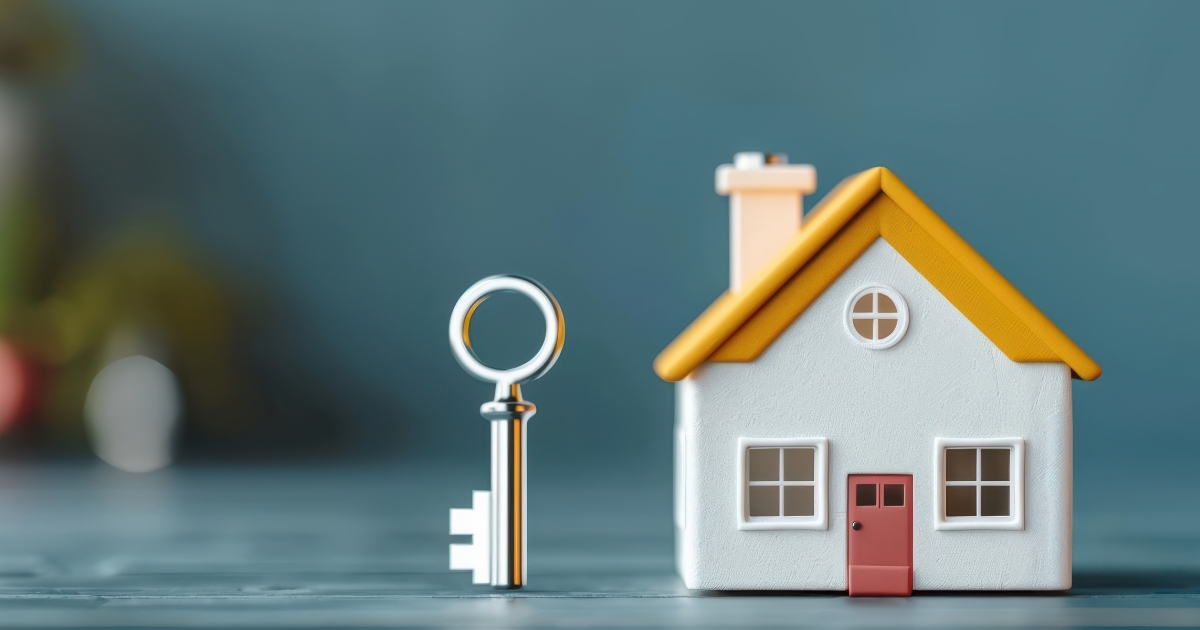Notifications
Dubai has become a beacon for real estate investment, offering everything from luxury villas and chic apartments to family-friendly homes. But for many, buying a property here involves navigating Dubai’s unique mortgages in Dubai. Whether you're a resident or a foreign investor, understanding the mortgage options available is essential to making a smart investment. Let’s dive into what you need to know about getting a mortgage in Dubai.
A mortgage in Dubai, like anywhere else, is a loan that allows you to purchase a property. Typically secured against the property itself, a mortgage enables you to spread the cost of buying a home over several years, making property ownership more accessible.
However, Dubai’s mortgage system has its unique aspects. It is governed by specific laws and regulations, especially concerning down payments, interest rates, and eligibility criteria for residents and non-residents alike.
Dubai’s property market is dynamic, with high potential for returns on investment. Getting a mortgage can free up cash flow, allowing you to invest in other ventures or simply have more liquidity. Additionally, with fixed and variable interest rate options available, mortgages offer flexibility and control over how you structure your finances.
Dubai offers various mortgage types to suit different needs:
Fixed-Rate Mortgages: These mortgages come with an interest rate fixed for a set period, usually 1 to 5 years. Ideal if you prefer predictable payments.
Variable-Rate Mortgages: The interest rate fluctuates according to the market, which can mean lower payments when rates fall but also the risk of higher payments if rates rise.
Interest-Only Mortgages: Here, you only pay the interest for a set period, often 3-5 years, which can ease the initial financial burden, though the principal remains unpaid.
Offset Mortgages: A relatively new option, this type links your mortgage to your savings account. Your mortgage interest is calculated on the outstanding balance minus your savings, potentially reducing costs if you have substantial savings.
Both residents and non-residents can apply for mortgages in Dubai, though there are distinctions in eligibility and financing options.

The process of obtaining a mortgage in Dubai involves several steps:
Determine Your Budget: Assess how much you can afford for a down payment and monthly payments. Consider additional costs like property registration, maintenance, and insurance.
Get Pre-Approval: Pre-approval helps you know how much you can borrow and signals to sellers that you’re a serious buyer.
Choose a Property: Once you know your budget, start property hunting. Dubai offers a range of properties that fit different lifestyles and budgets.
Submit Your Application: Once you’ve chosen a property, you can formally apply for the mortgage. The lender will assess your financial profile, property details, and the associated risks.
Approval and Valuation: After reviewing your application, the lender conducts a valuation of the property to ensure it meets lending criteria.
Sign the Mortgage Agreement: If approved, you’ll sign the mortgage documents and register the property under your name with the Dubai Land Department.
Lenders in Dubai require specific documentation and information:
Down payments are often the biggest hurdle for buyers. In Dubai:
Dubai offers competitive interest rates, with two main types:
Mortgage terms typically range from 10 to 25 years, with options to refinance if better terms become available.
Owning a property in Dubai comes with extra costs, including:
Dubai’s property market allows refinancing, giving homeowners the chance to take advantage of lower interest rates or shift to a different mortgage type. Refinancing can also help in cashing out equity if your property has appreciated in value.
Dubai’s government has set guidelines to ensure stability in the mortgage market:
These regulations aim to protect buyers and promote a healthy, balanced real estate market.
Mortgages provide several benefits:

While mortgages can be advantageous, they also come with risks:
Mortgage advisors can be invaluable, offering expertise in navigating the paperwork, securing favorable rates, and guiding you through Dubai’s real estate nuances.
Not all lenders are the same. Look for those with a reputation for transparency, competitive rates, and customer service. Major UAE banks offer specialized mortgage services tailored to residents and non-residents alike.
A mortgage in Dubai can be your gateway to property ownership in one of the world’s most vibrant real estate markets. With a range of options and competitive terms, there’s an opportunity for every type of buyer. By understanding your mortgage options and working with reliable professionals, you can make the process smooth and rewarding. Whether you’re looking for a family home or an investment property, Dubai’s mortgage system provides the flexibility to achieve your dreams.
Can foreigners get a mortgage in Dubai? Yes, foreigners can obtain mortgages in Dubai, though they often require a larger down payment and may face slightly higher interest rates.
What is the typical down payment for a mortgage in Dubai? Residents generally need 20-25%, while non-residents are expected to pay around 35-40% of the property’s value.
Are interest rates for Dubai mortgages fixed or variable? Both options are available. Fixed rates offer stability, while variable rates fluctuate with the market.